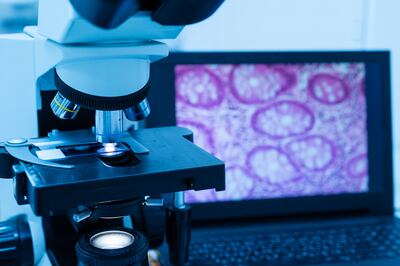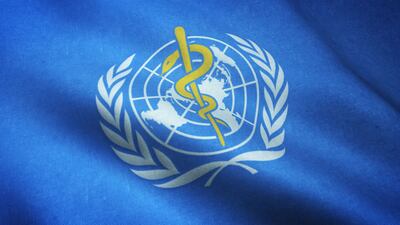The US imaging equipment and contrast-agency industries are touting a recently introduced US House bill that lobby groups say would provide "a clear regulatory pathway" for imaging device manufacturers to win clearances for new indications of their products involving formerly approved contrast agents.
H.R. 2009, the "Fostering Innovation in Medical Imaging Act of 2017" was introduced April 6 by Reps. Ryan Costello, R-Pa. and Scott Peters, D-Calif., and referred to the House Energy and Commerce Committee for consideration
Read the full article – start your free trial today!
Join thousands of industry professionals who rely on Medtech Insight for daily insights
- Start your 7-day free trial
- Explore trusted news, analysis, and insights
- Access comprehensive global coverage
- Enjoy instant access – no credit card required
Already a subscriber?






